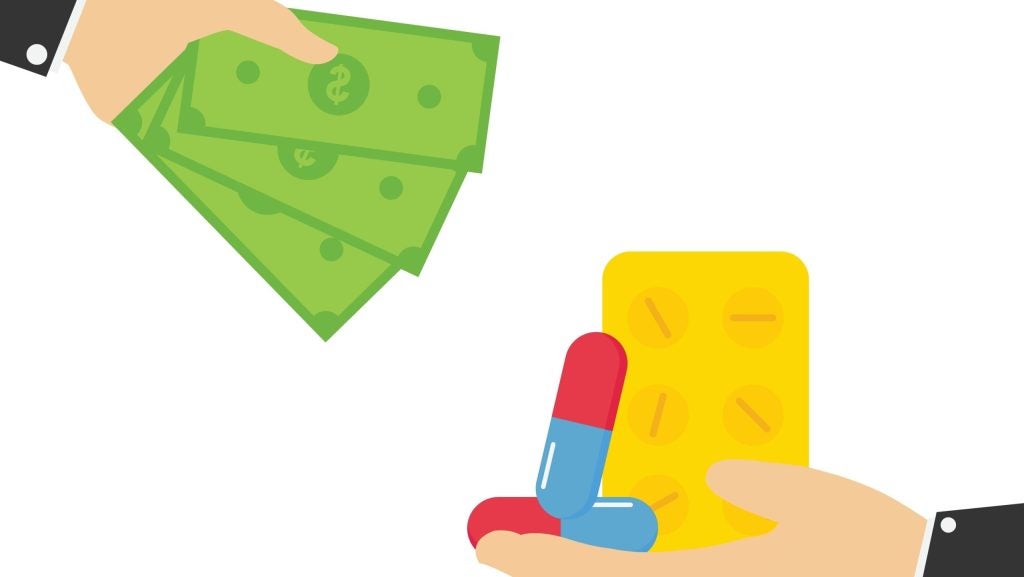The UK Medicines and Healthcare products Regulatory Agency (MHRA) has approved Pierre Fabre’s vibegron (Obgemsa) to treat overactive bladder (OAB) syndrome symptoms in adults.
Symptoms include urgency, high urinary frequency and incontinence.
A beta 3 adrenergic receptor agonist, vibegron functions as a bladder muscle relaxant to ease the bladder muscle activity.
The recommended daily dose is a 75mg film-coated tablet.
The approval is backed by data from the Phase III EMPOWUR clinical trial, which assessed it for 12 weeks in 1,515 OAB patients.
Participants received a daily dose of either placebo, vibegron 75mg or an active control.
Vibegron significantly reduced daily urination and incontinence episodes versus placebo, with improvements observed within two weeks and sustained over the treatment period.
Patients on vibegron reported side effects such as headaches, diarrhoea, constipation, nausea, urinary tract infections and increased post-void residual urine volume.
The MHRA assures ongoing monitoring of vibegron's safety and efficacy and encourages reporting of any side effects through the Yellow Card scheme.
The MHRA has also approved AstraZeneca’s capivasertib (Truqap) for advanced HR-positive, HER2-negative breast cancer with specific genetic abnormalities unresponsive to other treatments.
Capivasertib, an AKT inhibitor, impedes cancer cell proliferation and is administered orally alongside fulvestrant, a hormonal therapy.
The approval was supported by a clinical trial involving 708 patients, with a subset of 289 patients exhibiting the targeted genetic mutations.
In clinical studies, capivasertib-treated individuals had an average of 7.3 months during which their cancer did not progress, compared to 3.1 months for placebo-treated patients.
High blood sugar, diarrhoea, rash and other skin drug responses, urinary tract infection, low blood haemoglobin levels, appetite loss, nausea, vomiting, mouth sores or ulcers with gum inflammation, itching and fatigue are possible side effects of the medication.















